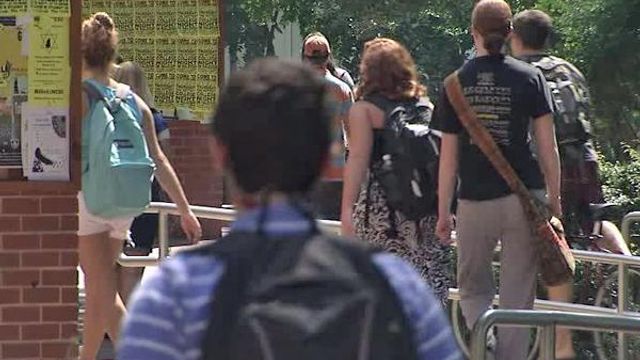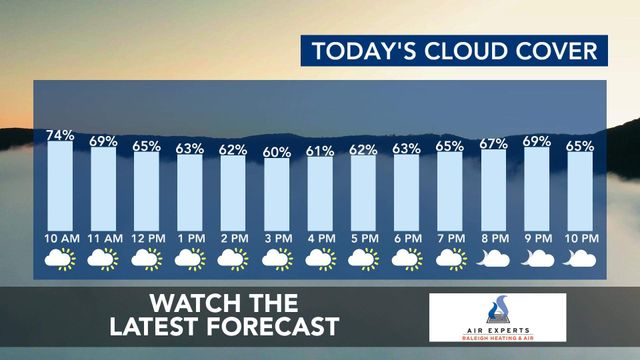Tuition hikes coming to public universities
The University of North Carolina Board of Governors met Tuesday to discuss tuition increases at the system's 16 higher education campuses.
Legislators are allowing campuses to raise fall tuition by $750 per student to help close an extra $70 million in spending cuts the General Assembly directed them to make.
Community college tuition could also go up by $6.50 to $56.50 per credit hour for in-state students.
UNC President Erskine Bowles said despite the increases, tuition is still lower at the state's public universities than other public peer institutions.
“If you looked at our campuses, all of them were either the lowest tuition, or the second lowest compared to their public peers. Not just their peers, but their public peers,” Bowles said.
The $750 in tuition hike would be in addition to a $200 increase approved last year by state lawmakers. Under guidelines for that increase, each campus had to raise tuition for the 2010-11 school year by the lesser of 8 percent or $200, with the extra revenue going to the state's General Fund.
Jeffrey Fisher, a senior at North Carolina State University, said a tuition increase will create a financial hardship for him.
“I might have to get another job on the side while I’m in school. If not that, pull loans through my financial aid, which I really don't want to do that,” Fisher said.
Dustin Minor, an N.C. State sophomore, said tuition hikes appear necessary at this point to address campuses needs.
“They need more money somewhere to keep the same level of education. If they're exhausting all possible forms of getting that money, than, if it's going to have to come from us, then so be it,” Minor said.
The amount of increase varies across the state. In-state undergraduate students at UNC-Chapel Hill and N.C. State would likely see the largest increase. UNC Wilmington, Elizabeth City State University and Fayetteville State University would see the smallest.
Bowles will make the final determination on the amount of increases for each campus Wednesday. Some schools have decided to phase the increase in over a two-year period.











